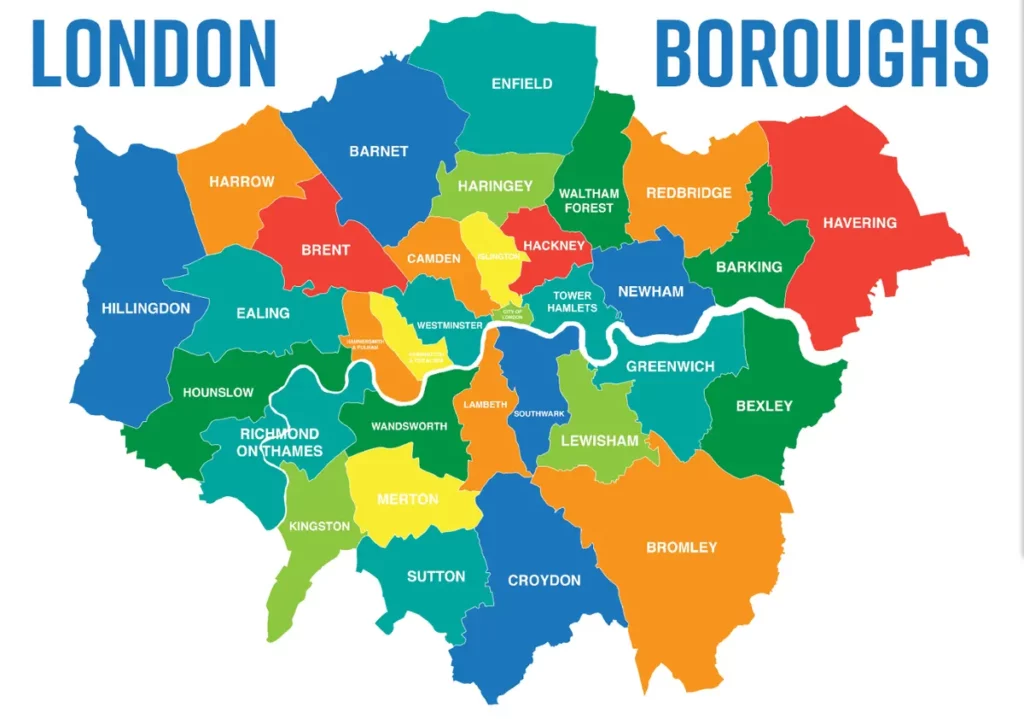Portable Appliance Testing Certificate for Rental Properties
A Portable Appliance Testing (PAT) certificate is a document that confirms electrical appliances in a rental property have been tested...

A fire risk assessment is not just a legal requirement for landlords—it’s a crucial step in protecting tenants and property. This article breaks down the importance of regular fire risk assessments in rental properties. It explains what landlords are legally required to do under the Regulatory Reform (Fire Safety) Order 2005 and how to stay compliant. The post covers the main components of a proper fire risk assessment, including identifying fire hazards, evaluating risks, implementing safety measures, and recording findings. It also highlights the types of properties that require formal documentation, such as HMOs (Houses in Multiple Occupation). Whether you’re managing a single rental unit or a multi-storey building, understanding fire safety responsibilities can save lives and protect you from legal trouble. The article also touches on enforcement actions and penalties for non-compliance. It’s a must-read for new landlords or anyone who hasn’t reviewed their fire safety plan recently. Ultimately, the piece emphasizes that fire safety isn’t just a checkbox—it’s an ongoing responsibility that ensures both legal compliance and tenant well-being.
🔗 Read here:
https://landlordschecks.substack.com/p/landlord-fire-risk-assessment-a-vital?r=3wg0g9
Electric and gas safety checks are two of the most important aspects of property compliance for UK landlords. This article offers a clear and practical overview of both, explaining what’s legally required, who needs them, and when inspections must take place. For electrical safety, the article explains the need for an EICR (Electrical Installation Condition Report) every 5 years and what landlords should expect during the inspection. On the gas side, it covers Gas Safety Certificates (CP12), required annually, including what engineers inspect, what a valid certificate looks like, and how to ensure the work is done by a Gas Safe registered professional. The article is especially useful for landlords who manage multiple properties or those unsure about the timing and paperwork requirements. There’s also a breakdown of common issues that can lead to a failed inspection and how to avoid them. This detailed guide helps ensure that your rental property meets current safety standards and avoids legal complications. In short, it’s an essential reference for staying up to date on your compliance responsibilities.
🔗 Read here:
https://landlordschecks.substack.com/p/electric-and-gas-safety-certificates?r=3wg0g9
This in-depth guide focuses on the Electrical Installation Condition Report (EICR), a legal requirement for landlords in England. The article explains what the EICR is, why it’s necessary, and how often it must be carried out (every 5 years or upon change of tenancy). It details the inspection process, outlining what electricians typically look for—including outdated wiring, overloaded circuits, and safety risks that could cause fire or shock. The post also discusses how to prepare for an inspection, what to expect in the report, and the difference between a “satisfactory” and “unsatisfactory” result. There is practical advice for landlords on choosing a qualified electrician and how to handle necessary remedial works if issues are found. The article highlights the legal consequences of non-compliance, including fines up to £30,000. It’s especially helpful for landlords who are managing older properties or HMOs, where risks are higher. Overall, this article serves as a complete walkthrough for landlords looking to understand, plan, and remain compliant with electrical safety laws in the private rental sector.
🔗 Read here:
https://landlordschecks.substack.com/p/landlords-electrical-safety-certificate?r=3wg0g9
Wondering how much a Gas Safety Certificate (CP12) costs? This article gives landlords a clear breakdown of the pricing, what’s included, and how to find a reliable engineer. Typically, landlords pay between £40 to £100 per certificate, depending on the number of appliances, location, and whether any issues are found. The article explains what the certificate covers—like boilers, cookers, and other gas appliances—and the importance of using a Gas Safe registered engineer to remain compliant. It walks through the inspection process step by step and lists the most common reasons a certificate might be withheld, such as gas leaks or unsafe installations. The article also highlights how failing to obtain a valid CP12 can lead to fines, loss of insurance coverage, or eviction bans under landlord licensing laws. Practical tips are offered to save money, such as bundling inspections with other services or getting quotes from multiple engineers. This guide is essential reading for landlords looking to stay compliant without overspending and offers a good foundation for understanding your legal responsibilities and budget planning.
🔗 Read here:
https://landlordschecks.substack.com/p/how-much-is-a-gas-safety-certificate?r=3wg0g9
This article explains the upcoming changes to EPC (Energy Performance Certificate) regulations that take effect on June 15. It focuses on how these new rules will impact private landlords across England. The biggest change is the tightening of minimum energy efficiency standards. Properties that do not meet the new EPC requirements—typically Band E or higher—may no longer be legally let until improvements are made. The article details what these improvements may include, such as insulation upgrades, boiler replacements, and double glazing. It also outlines potential financial support schemes, including government grants, the ECO4 scheme, and the Great British Insulation Scheme. Importantly, it addresses penalties for non-compliance, which could range from civil fines to restrictions on tenancy agreements. The article helps landlords prepare in advance by explaining how to check current EPC ratings and what documentation is required. It’s a must-read for landlords who want to avoid disruptions to tenancy agreements or unexpected fines. With clear language and actionable steps, this article provides a solid overview of how to adapt to the coming regulatory shift.
LandlordsChecks is now on Mastodon—a decentralised social media platform that focuses on privacy and community-driven content. By following this account, landlords can stay updated with the latest legal news, safety regulations, and compliance tips in the UK rental market. The profile regularly posts updates on gas and electrical safety requirements, fire risk assessments, EPC rules, and government policy changes that affect private rentals. It’s a valuable source of real-time insights and commentary for both new and experienced landlords. The Mastodon feed also shares article links, inspection checklists, and quick tips to avoid legal trouble or fines. If you’re looking for a trustworthy resource that keeps your property management knowledge current—without the noise and ads of other platforms—following LandlordsChecks on Mastodon is a smart move. It’s especially useful for those who want early notice of upcoming rule changes or best practices in tenant safety. You can also interact directly and ask questions about specific landlord concerns in a focused and friendly environment.
🔗 Follow here:
https://mastodon.social/@landlordschecks
Be compliant and updated with the latest safety knowledge regarding fire risk, gas safety, electrical safety and energy performance.
A Portable Appliance Testing (PAT) certificate is a document that confirms electrical appliances in a rental property have been tested...
Landlords in the UK are legally responsible for ensuring that their rental properties are safe for tenants to live in....
From 15 June 2025, landlords and letting agents across the UK will face a major change in how Energy Performance...
Fire Risk Assessments in London A Comprehensive Guide to Safety and Compliance London, a city characterized by its high population...
Landlords Checks Limited 1340 – Greenford Road, Greenford, UB6 0HL
Mon – Friday 08:00 – 18:00 Saturday 10:00 – 16:00
